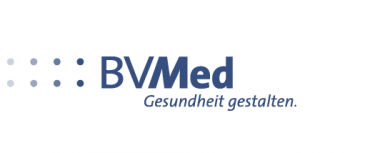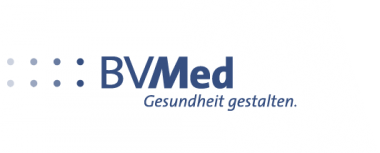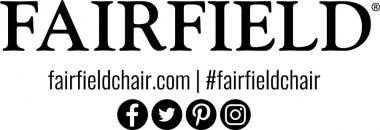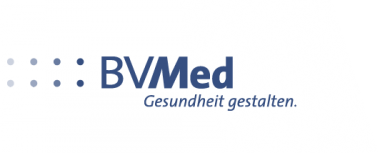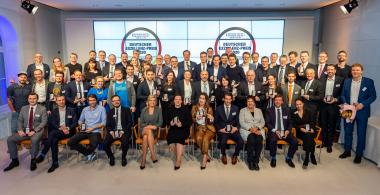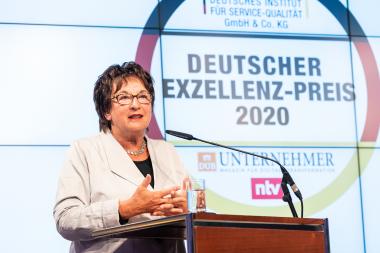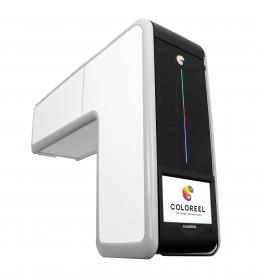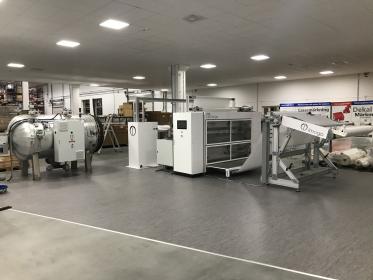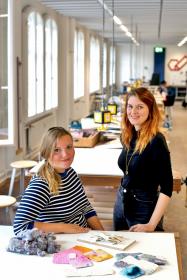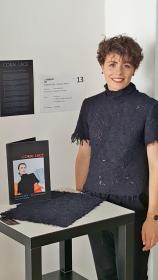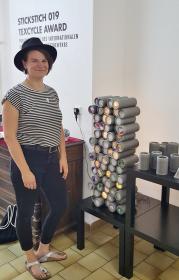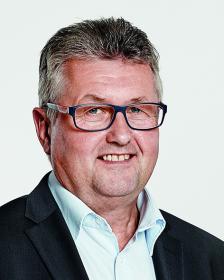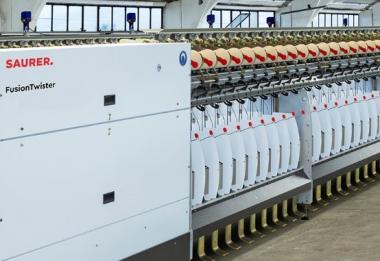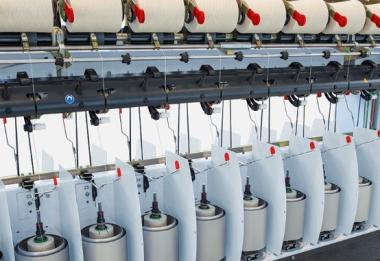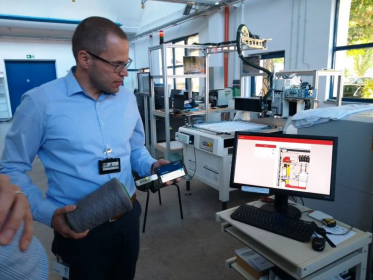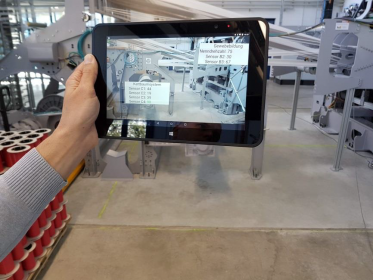USt-Absenkung: BVMed für unbürokratische Umsetzung
Der Bundesverband Medizintechnologie, BVMed, sieht in seiner Stellungnahme zum "Zweiten Corona-Steuerhilfegesetz" Änderungsbedarf bei der geplanten Absenkung der Umsatzsteuersätze. Da die kurzfristige und temporäre Absenkung einen enormen Umsetzungsaufwand bedeutet, spricht sich der BVMed für ein entsprechendes Begleitschreiben des Bundesfinanzministeriums "zur unbürokratischen Umsetzung und Nichtbeanstandungsregelungen" aus. "Wir müssen die kurzfristige Umsetzung der Umsatzsteuerabsenkung praktikabel und wirklichkeitsnah gestalten", so BVMed-Geschäftsführer Dr. Marc-Pierre Möll.
Der deutsche MedTech-Verband begrüßt grundsätzlich die vom Koalitionsausschuss beschlossenen Maßnahmen zur Förderung der Wirtschaft und von Innovationen. Dies betreffe insbesondere die Maßnahmen zur Bevorratung von Schutzausrüstung, zur größeren strategischen Unabhängigkeit der Produktion von Medizinprodukten und das "Zukunftsprogramm Krankenhäuser", das in die Verbesserung der Notfallkapazitäten und der digitalen Infrastruktur investiere. Auch die Wiedereinführung einer degressiven Abschreibungsmöglichkeit für Neuinvestitionen und die Ausweitung der steuerlichen Forschungszulage bewertet der BVMed positiv.
Grundsätzlich spricht sich der BVMed dafür aus, Medizinprodukte bzw. Hilfsmittel einheitlich und dauerhaft mit dem ermäßigten Steuersatz zu besteuern – und damit Ärzte, Kliniken, Krankenkassen und Patienten zu entlasten. Das Problem: "Aktuell werden Medizinprodukte unterschiedlich besteuert. Das führt in der Praxis immer wieder zu Abgrenzungsschwierigkeiten und Wertungswidersprüchen", so der BVMed. Ein weiteres Anliegen des Verbandes sind praxistaugliche Regeln bei der temporären Absenkung der Mehrwertsteuer für die Versorgung von gesetzlich Krankenversicherten mit Hilfsmitteln, Verbandmitteln zur Versorgung chronischer Wunden und speziellen Lebensmitteln zur medizinischen Ernährung.
BVMed
BVMed - Bundesverband Medizintechnologie e.V.


